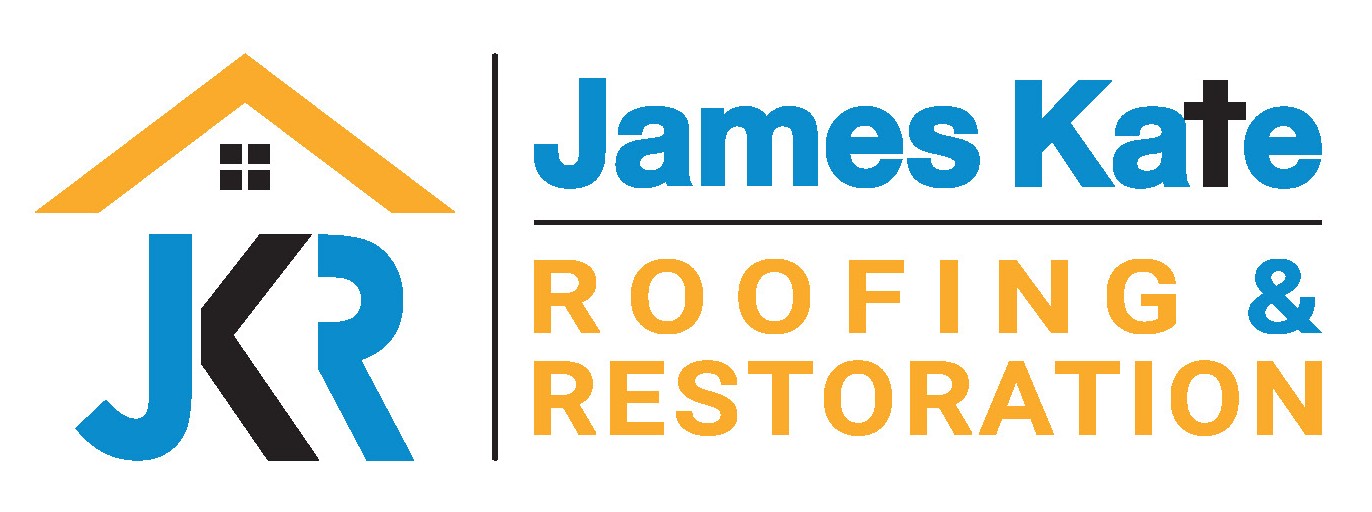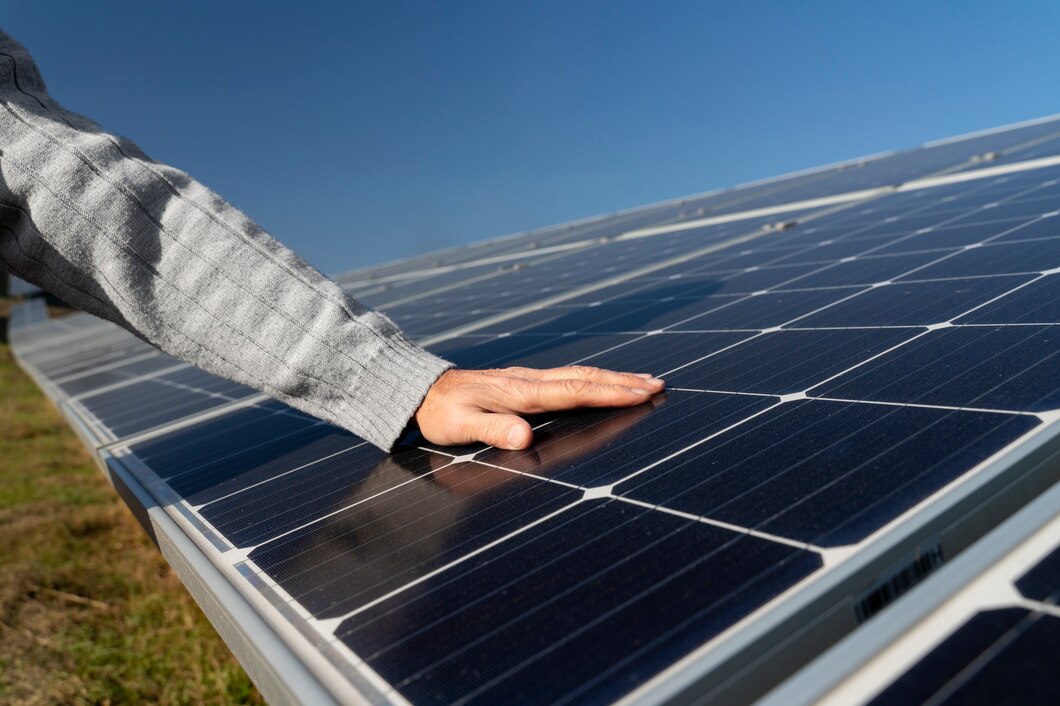Solar panels are a fantastic way to harness renewable energy from the sun. They help reduce electricity bills and lower carbon footprints. But what happens when it’s cloudy outside? Understanding how Solar panels operate in different weather conditions is essential for anyone considering Solar energy.
Even on cloudy days, Solar panels can produce electricity. This is because they can capture both direct and indirect sunlight, converting it into usable energy. While clouds may reduce the amount of direct sunlight hitting the panels, they don’t stop the panels from working altogether. Some Solar systems are designed to perform well in various conditions, ensuring consistent energy production no matter the weather.
Thanks to advancements in Solar technology, panels are more efficient than ever. High-quality photovoltaic systems can continue to generate power, providing a reliable energy source even when the weather is less than sunny. Learning about these capabilities can help homeowners make informed decisions about Solar energy investment.
Basics of SolarPanel Functionality
Solar panels use photovoltaic technology to convert sunlight into electricity. They consist of many small cells that capture photons from the sun. Once the cells absorb sunlight, they generate an electrical current. This current provides electricity for your home or feeds back into the power grid.
Solar panels are designed to remain efficient even when the weather changes. While they work best on bright, sunny days, they can also produce energy in less perfect conditions. On cloudy or rainy days, energy production might dip, but panels continue to generate power using available light. This adaptability makes Solar a reliable energy source throughout varied weather patterns.
Cloud coverage can affect how much Solar energy panels can produce. When clouds block the sun, less light reaches the panels. However, Solar panels can still harness diffuse sunlight. By capturing indirect light, they remain operational. Some panels are optimized to perform well in low-light conditions, maintaining better efficiency levels despite cloud cover.
How Clouds Affect SolarEnergy Generation
Both diffuse and direct sunlight impact energy production. Direct sunlight supplies the most energy when skies are clear. Diffuse sunlight, on the other hand, occurs when sunlight scatters before reaching the panels, like on cloudy days. Solar panels can use both types to produce electricity, although energy output varies.
On cloudy days, Solar systems tap into diffuse sunlight. While they generate less energy than in direct sun, they remain functional. Solar panels are built to manage energy fluctuations, ensuring steady operation without complete sunlight. This capability helps homeowners still benefit from their Solar investments even when sunshine is limited.
Various factors affect Solar panel performance during cloudy weather. The time of day influences how much light panels receive. Energy production typically peaks when the sun is at its highest point in the sky. Weather conditions like rain or heavy clouds can reduce visibility, impacting output. Understanding these dynamics is vital for optimizing Solar energy throughout different weather scenarios.
Maximizing SolarEfficiency on Cloudy Days
Selecting high-efficiency Solar panels is crucial for optimizing performance on cloudy days. These panels capture and convert more sunlight into electricity, even when conditions aren’t ideal. Look for panels with advanced photovoltaic technology that deliver consistent output in various lighting situations.
Strategic panel placement also plays a vital role in maximizing energy production. Installing panels in locations that receive the most sunlight throughout the day can make a significant difference. Consider orienting panels toward the south and keeping them clear of obstructions like trees or buildings to receive maximum exposure.
Maintenance and monitoring are essential to keep your Solar system running smoothly. Regularly checking for dirt, debris, or damage can prevent efficiency loss. Implement a monitoring system that tracks energy output and alerts you to any issues. These practices ensure your panels perform at their best, regardless of weather conditions.
Benefits of Solar panels Beyond Sunny Days
Solar panels offer benefits that go beyond sunny days. Energy storage solutions, like batteries, allow you to store excess Solar power for later use. This ensures you have a power supply even during cloudy periods or at night, providing flexibility and reliability.
The financial and environmental impacts of Solar energy are also significant. By reducing your dependence on traditional power sources, you save money on electricity bills. Additionally, Solar panels help decrease carbon emissions, making them a sustainable choice for eco-conscious homeowners.
Solar panels provide year-round reliability, delivering consistent energy supply despite weather changes. Their ability to function in various conditions ensures you continue to benefit from clean, renewable energy throughout the seasons. This dependability makes Solar a wise investment, enhancing your home’s efficiency and value.
Conclusion
Understanding how Solar panels perform in different weather conditions empowers you to make informed choices about Solar energy. Whether it’s sunny or cloudy, these systems offer reliable energy solutions, proving their worth as a lasting investment. Solar panels help reduce your environmental impact and energy costs, adapting to varying sun exposure levels throughout the year.
As you consider Solar solutions for your home or business, remember that expert installation and maintenance can enhance system performance. If you’re in the Dallas-Fort Worth area looking for dependable Solar energy options, James Kate Roofing & Sola, the best roofing company, provides comprehensive services to meet your needs. Our team is ready to help you make the switch to renewable energy while enjoying the benefits of Solar power, regardless of the weather.

